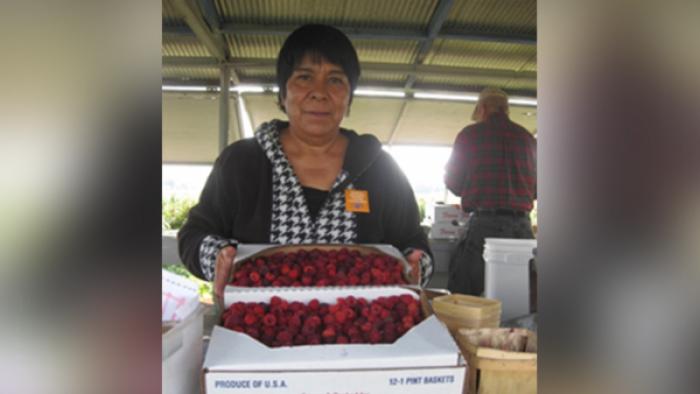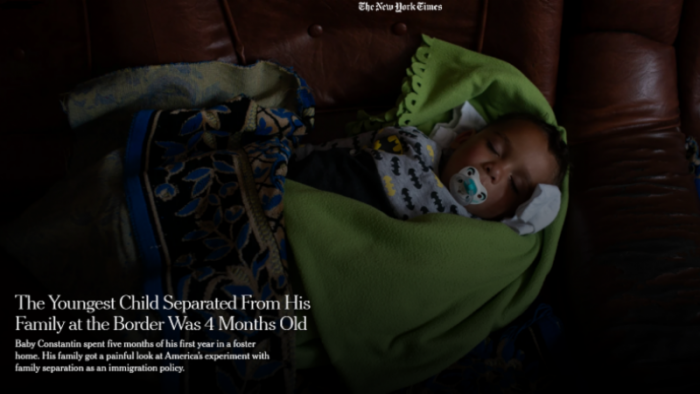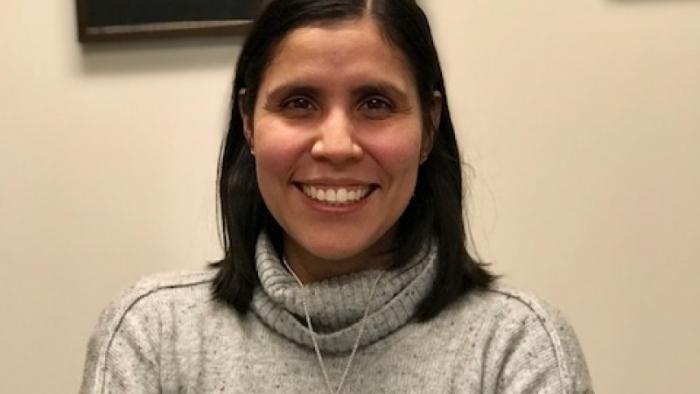Statement in Support of Farmworker Protections

Many farmworkers travel long distances to work in Michigan harvesting, packing, and processing our fruits and vegetables and they are dependent on their employer for both work and housing. The work they do is often dangerous and always physically and mentally demanding. Yet, the men, women, and children, who harvest, pack and process our fruits and vegetables, have been left out of employment protections other workers enjoy. The exclusion of farmworkers from basic employment protections is rooted in the historical legacy of slavery in the agricultural sector and our country’s racial history. To this day, farmworkers are not entitled to overtime pay and are also not entitled to protection from retaliation if they come together to better their work or housing conditions.
On June 1, 2020, Governor Whitmer issued Executive Order 2020-111 “Protecting the Food Supply and Migrant and Seasonal Agricultural Workers from the effects of COVID-19” which creates temporary new protections for Michigan farmworkers living in employer-provided housing. This executive order extends the worker protections in Executive Order 2020-97 “Safeguards to protect Michigan’s workers from COVID-19” to include Michigan’s agricultural workers living in employer-provided housing. Together, these two orders are important proactive and preventative measures that create a clear, uniform, and enforceable standard for the agricultural industry. These standards are critical as current migrant housing and workplace health and safety laws do not account for the unanticipated public health challenges of the COVID-19 pandemic.
The executive order is timely and necessary to protect the occupants at these housing sites, all agricultural workers in the state, and the general public. In Michigan annually, there are over 40,000 farmworkers and their family members who live and work in our communities. About half of those farmworkers will live in employer-provided housing, often near their worksites in remote or rural parts of the state. Currently, there are approximately 840 migrant housing sites that will be occupied with over 26,000 individuals during the peak growing season (April through September). The order ensures the most vulnerable farmworkers are protected from COVID-19 and not overlooked or forgotten during this unprecedented pandemic.
Through her executive order, Governor Whitmer has made it clear that Michigan will do better for our farmworker population and will take into account their particular vulnerabilities while living at employer-provided housing sites in Michigan. The order took effect on June 1, 2020 and will be in place until June 29, 2020, or until further notice. The Michigan Immigrant Rights Center (MIRC) hopes the order will be extended to ensure farmworkers coming to Michigan after June 29th are also protected.
MIRC supports the Governor’s actions and urges those who care about the health and safety of agricultural workers in Michigan to help share news about the Executive Order and its importance. Farmworker health and safety is a public health concern that we should all care about and centering the needs of farmworkers will ensure the stability of Michigan’s food supply.
Farmworkers who have questions about how Executive Order 2020-111 might affect them, are encouraged to call MIRC’s free confidential worker hotline at 800-968-4046.




